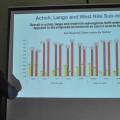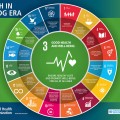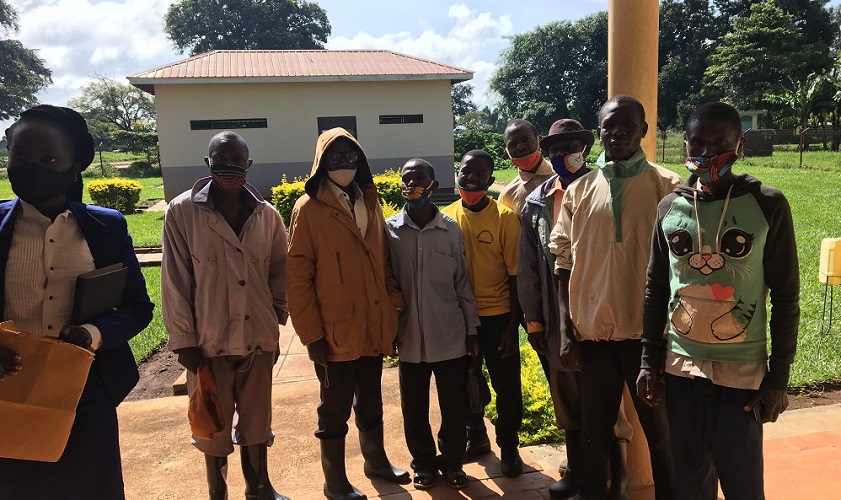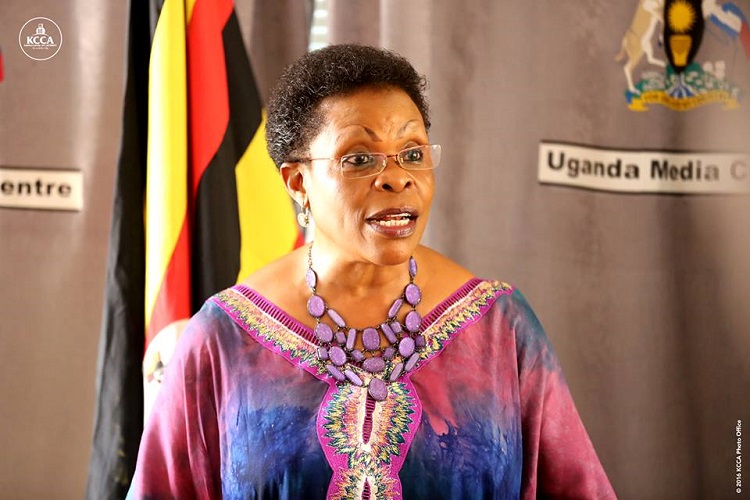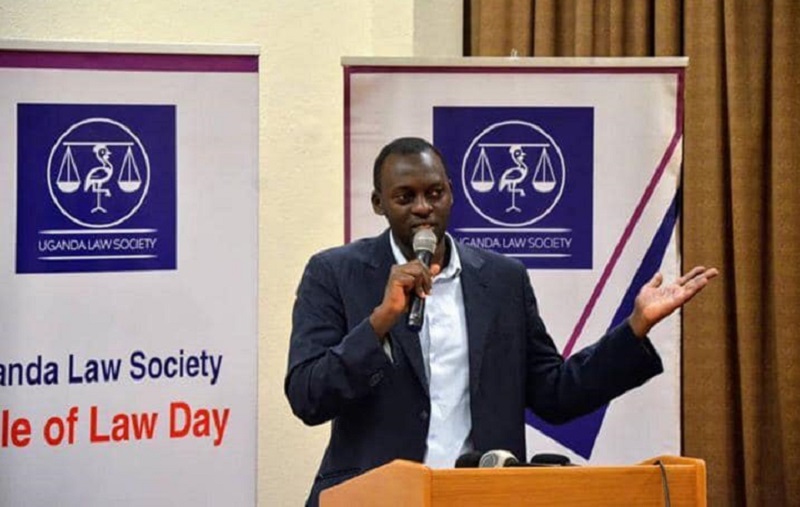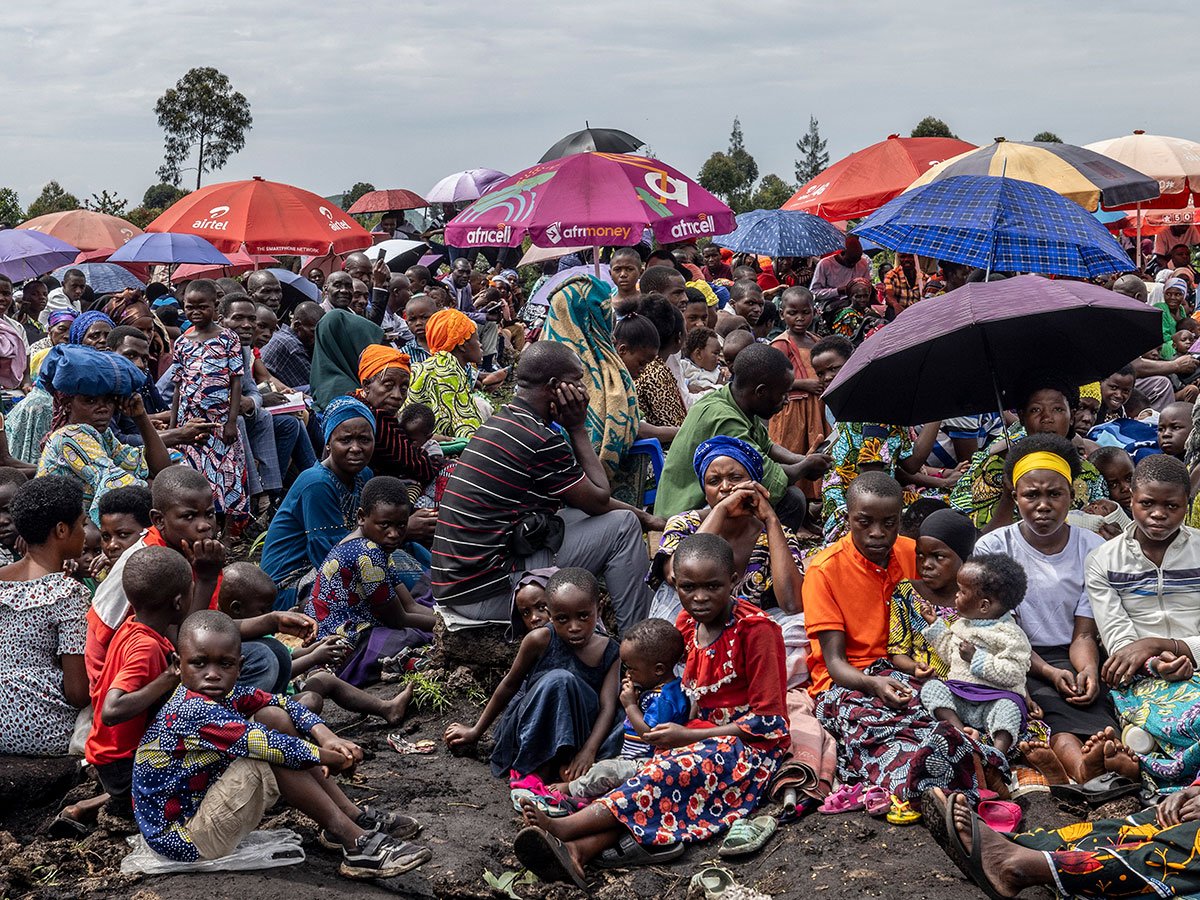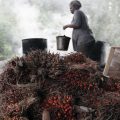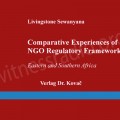By Witnessradio.org Team
The Latest human rights report poked holes in the police force exposing its failure to handle crimes.
The report is a product of a survey in eight districts of Uganda namely; Masaka, Kampala, Wakiso, Mukono, Kayunga,Luweero, Jjinja and Mpigi and assesses police work for the past five years.
According to the survey, there were varied perceptions on levels of crime with 42% of the respondents indicating that crime levels increased compared to the previous ratings.
Burglary and house break-ins continue to be the most common crime committed related followed by theft, murder, arson and sexual related crimes. The increase in crime was attributed to a number of factors including; lenient sentences by courts of law, corruption in police, weak local government structures and breakdown of community social structures as well as poor community policing.
According to one of the lead researchers Patrick Tumwine, the last five years have witnessed an increase in police administrative units and personnel in communities across the eight districts covered by the survey.
However, rural-based districts such as Masaka, Kayunga, Luwero reported more self–initiated contacts with police than Kampala, Mukono, Jinja and Wakiso.
Tumwine says that in many areas they went to especially in the rural districts, the state of police stations was wanting in all aspects and falls short of the established international standards. 68% of the respondents considered police stations in their districts inadequate, detached from communities they serve, have dilapidated structures and at the same time police detention facilities do not meet the required minimum standards.
On Democratic policing, respondents were dissatisfied with the level at which Uganda Police was moving towards meeting tenets of democratic policing. This was attributed to the low levels of responsiveness to community concerns, increased militarization of UPF, lack of neutrality, abuse of human rights, lack of accountability by officers who commit human rights violations, poor handling of investigations and case files as well as existence of draconian laws that police has persistently applied selectively.
Reacting to the released report, DP president Norbert Mao attributed police’s failure to do be democratic to orders from higher authorities. He says many trained police officers do know the law and endeavor to be professional but are ever diverted by impromptu order from the top leaders.
“The problem here is above…this above can reset the system, oh he even reboots when he deems it fit”. Mao said. He also proposed that for things to change, there is need to also improve the living standards of the officers including disbanding police barracks to allow them live among the community and also form a police retention fund to deal away with the corruption as the officers strive to make ends meet.
Butambala MP who is also shadow internal affairs minister, Muwanga Kivumbi said that the major problem has been prioritization with much of the money going into dispersing meetings by the opposition and ignoring the actual police work.
“Currently Shs 22 bn have been budgeted to be spent only on quelling 22 riots according to the police budget 2017-2018 yet only Shs 7 bn goes into investigations…that’s why cases are not thoroughly investigated”. Muwanga observed.
Responding to the findings in the report, Deputy inspector general of police, Edward Ochom said the police had some shortcomings but had made tremendous improvements in handling crime.
Key note speaker at the dialogue to discuss the report, David Pulkol said that the root-cause of all problems is the tag on police force verses service. He says the police force is like a tree whose roots, branches and all sectors matter.“When I was the director general of internal security, I got the same problem, calls that would divert from the system…the interference in police’s work is evident…bringing military into the police is militarization of the force which is
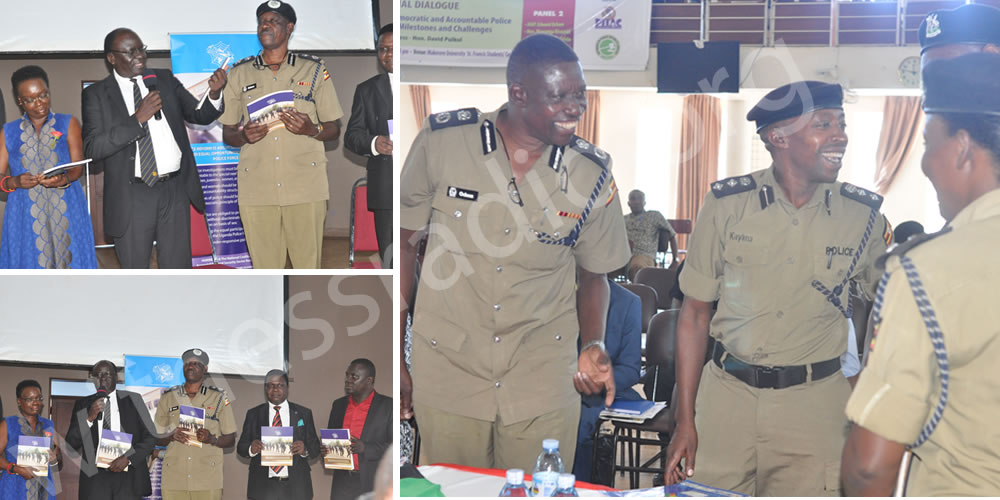

 MEDIA FOR CHANGE NETWORK2 weeks ago
MEDIA FOR CHANGE NETWORK2 weeks ago
 SPECIAL REPORTS AND PROJECTS2 weeks ago
SPECIAL REPORTS AND PROJECTS2 weeks ago
 MEDIA FOR CHANGE NETWORK2 days ago
MEDIA FOR CHANGE NETWORK2 days ago
 SPECIAL REPORTS AND PROJECTS2 weeks ago
SPECIAL REPORTS AND PROJECTS2 weeks ago
 MEDIA FOR CHANGE NETWORK1 week ago
MEDIA FOR CHANGE NETWORK1 week ago
 MEDIA FOR CHANGE NETWORK4 days ago
MEDIA FOR CHANGE NETWORK4 days ago
 MEDIA FOR CHANGE NETWORK2 days ago
MEDIA FOR CHANGE NETWORK2 days ago
 NGO WORK3 days ago
NGO WORK3 days ago



